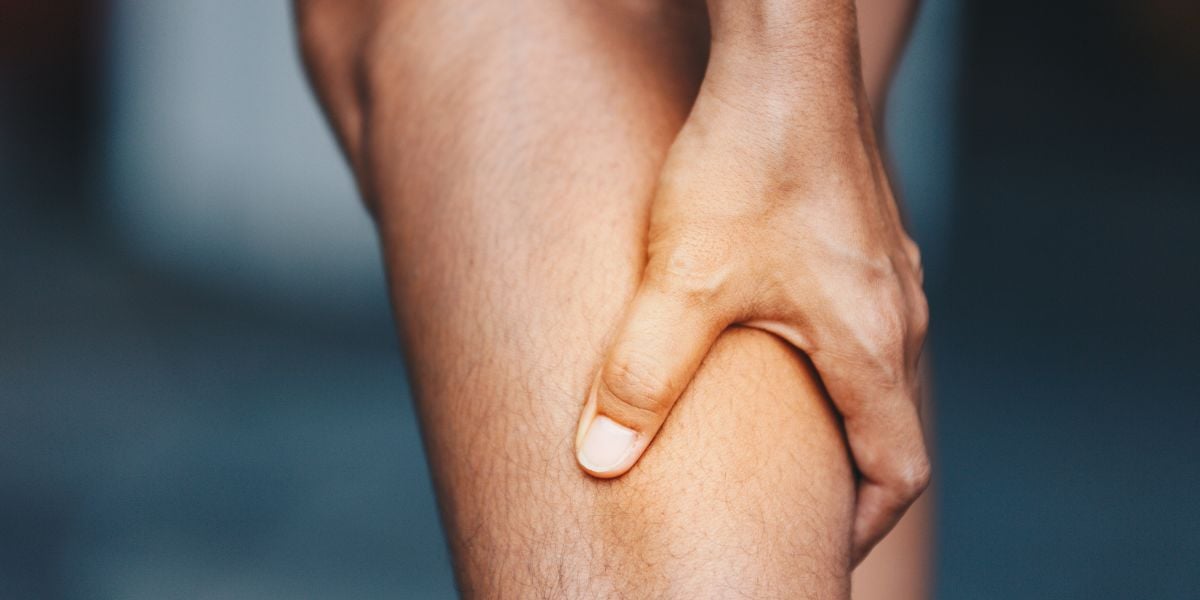Humans require protein for survival as it significantly contributes to immune defence, tissue repair, enzyme production, hormone regulation and muscle maintenance.
With misconceptions around protein intake, researchers are now examining how much protein the average person needs to support recovery, maintain health and preserve muscle mass.
Primarily, protein supplies the body with vital amino acids – organic compounds that the body cannot produce so they must be obtained from foods.
- Protein shakes associated with increased risk of colon cancer
- Vegan protein sources as effective as animal protein for muscle building
- Study sheds light on how protein impacts the ability to secrete insulin in type 2 diabetes
Found in meat, eggs and dairy, protein also helps the body to transport molecules, support metabolic processes and maintain structural integrity across tissues.
Proteins are also found in plant-based foods such as grains, nuts and legumes.
The Protein Digestibility Corrected Amino Acid Score (PDCAAS) and the Digestible Indispensable Amino Acid Score (DIAAS) help people measure the quality of dietary protein they consume.
A sufficient intake of high-quality protein is vital for maintaining good health, the World Health Organization (WHO) has reported.
Healthy adults are advised to consume 0.8 grams per kilogram of body weight of protein each day.
However, protein recommendations are different for athletes, pregnant women and older adults.
Pregnant women are instructed to eat more protein to support infant and foetal growth, while athletes tend to consume between 1.4 and 2.0 g/kg/of protein per day to support muscle recovery and repair and performance adaption.
The WHO also advises older adults to consume a higher intake of protein to preserve bone health and muscle mass.
Many people believe the more protein you eat the better, but studies have shown that a high intake does not automatically improve health or body composition unless they are aligned with proper training and energy balance.
In addition, many think that high protein diets can cause renal damage. However, healthy athletes consume up to 4.4 g/kg/day and do not develop kidney complications. People with existing kidney damage however should monitor their protein intake.
- Plant protein can combat heart complications
- Scientists discover how to turn off protein linked to inflammatory diseases
- Scientists discover how to turn off protein linked to inflammatory diseases
Another outdated misconception is that protein must be consumed within one-hour post-exercise for muscle gain.
People can meet their protein needs by regularly consuming high-quality protein sources and distributing intake evenly throughout the day.
Wearable trackers and nutrition apps can also help people increase their protein intake, researchers have said.



